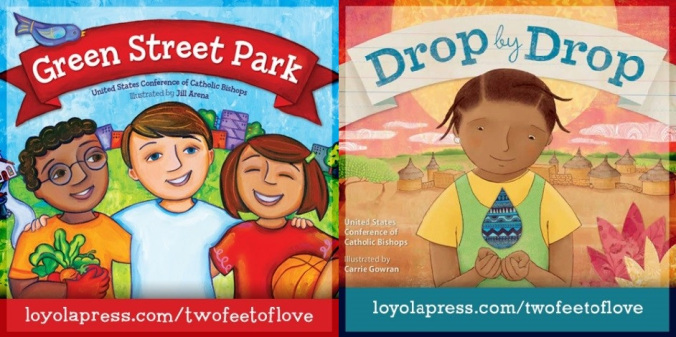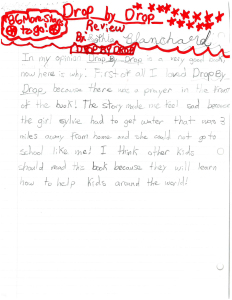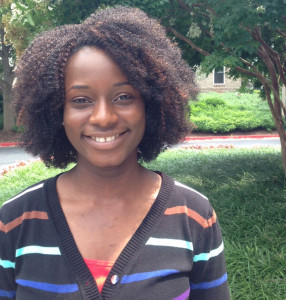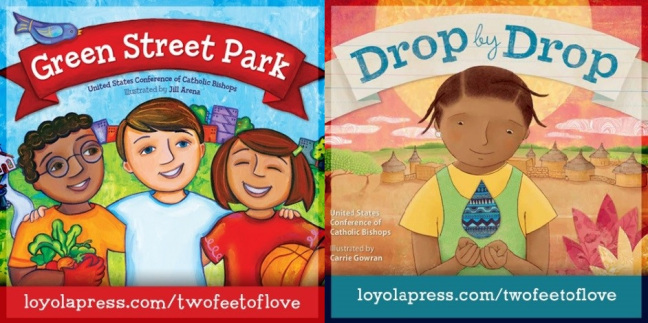 Lunches are packed, backpacks are strapped on tight, and yellow school buses are making their rounds. The school year has begun!
Lunches are packed, backpacks are strapped on tight, and yellow school buses are making their rounds. The school year has begun!
Religious education programs are also back in full swing at our parishes. And families, back from summer camps and vacations, are settling into the normal routine of fall. At the same time, Pope Francis’ visit to the United States for the World Meeting of Families is just around the corner.
What do all of these have in common? They are each a special opportunity to reflect on the formation and education of children.
This formation and education begins, of course, at home, where parents, the “first educators of their children,” teach them moral values and love for God and neighbor (Catechism of the Catholic Church, nos. 1653 and 2207). We can’t start too early.
This fall, as we look for ways to catechize children about discipleship and the call to mission—themes that will most certainly feature prominently in Pope Francis’ messages during his visit—the Department of Justice, Peace and Human Development has two great resources to help.
Green Street Park (grades K-2) and Drop by Drop (grades 2-4) tell stories about how children, inspired by their faith, put two feet of love in action in their local and global communities.
Here you can read:
- LisaJoBaker: Surprised by Motherhood’s review of the books
- Random Acts of Kindness (Ginny Kubitz Moyer)’s review of the books
- CatholicMom.com’s article/interview (Lisa Hendey) on the books
Finally, here is a review by an 8-year-old!
In my opinion Drop by Drop is a very good book, now here is why: First of all I loved Drop by Drop, because there was a prayer in the front of the book! The story made me feel sad because the girl Sylvie had to get water that was 3 miles away and she could not go to school like me! I think other kids should read this book because they will learn how to help kids around the world!”
Find out more ways to respond to Pope Francis’ call during his visit to the United States! Sign up now for JPHD’s Papal Visit alerts on Sept. 21-28. The daily emails will include updates, resources, and ways you can act on the Holy Father’s call. The alerts will also highlight sharable content from JPHD Facebook and Twitter pages.



